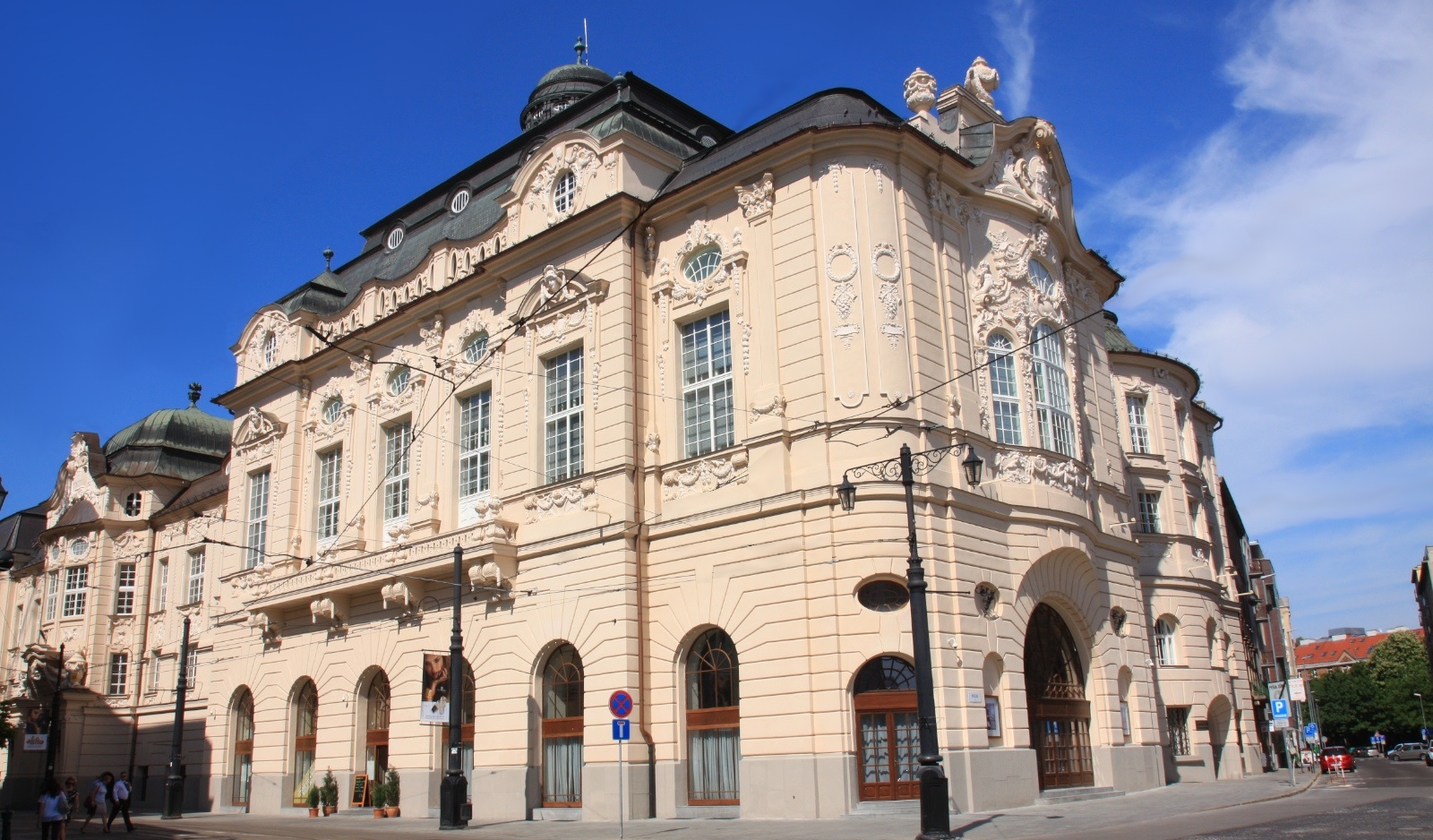
Program
Featuring
Other information
The event is about 2.5 hours long.
About the event
The program includes a piece by a contemporary Dutch composer; the competition-winning German soprano Anna-Lena Elbert, still in her late twenties, sings Ligeti; and the Bonn-born giant, one of the undisputed geniuses of Western European classical music, pays tribute to Napoleon, and then to an unsung hero. This focused yet diverse compilation is the program of the Budapest Festival Orchestra’s concert in Bonn. The concert opens with a piece by Louis Andriessen, who passed away in July 2021. The composer fixed the rhythm of the music only, while the work is indeterminate as regards pitch or instrumentation. The brilliant coloratura set of György Ligeti's avant-garde "anti-opera" will be heard. The solemn exclamation point to close the evening is delivered by Beethoven’s monumental ‘Eroica,’ a milestone in the history of music.
“Only in the case that every player plays with such an intention that his part is an essential one, the work will succeed; just as in the political work,” Louis Andriessen wrote in the score of his Workers Union. Workers Union was written in 1975 by the 36-year-old composer, then under the influence of Stravinsky, jazz (primarily boogie-woogie), and American minimalism. The piece can be performed in any arrangement of instruments. The musicians select a middle pitch at their will, and from the score containing a single line they read when they have to play above or below the middle pitch. The result is an utter lack of key and melody – the strict rhythm, however, integrates the entire orchestra.
The Chief of Gepopo, the secret police of Brueghelland, gives a warning to Prince Go-Go: the intelligence service has discovered that a giant comet is approaching to destroy the planet. Due to the messenger’s fear and paranoid hysteria, the coded message becomes almost incomprehensible. Le Grand Macabre, Ligeti’s only opera, is an absurd caricature, full of sarcastic wit and virtuosic grotesqueness. This is particularly true of the Gepopo arias, which became individual concert pieces in 1991. The wails of the Chief of Gepopo, desperately singing about the end of the world, is an extremely difficult technical task for the soprano; the chamber orchestra, sometimes operating as a choir, accompanies the cries for help with similar virtuosity.
Regardless of the dedication to Napoléon, and regardless of the hidden programs invented by fanciful musicologists, what we know for sure is that Beethoven eventually dedicated his Third Symphony, “composed to celebrate the memory of a great man,” to one of his most generous patrons, Prince Lobkowitz. The gigantic, dramatic first movement is full of melodies; even so, the music has a unified atmosphere. The slow funeral march (second movement) deepens the grief of the preceding movement, offering solace with the unexpectedly emerging Scherzo (third movement). The symphony ends in a variational finale, the main subject of which has already been used by Beethoven several times. The movement includes a fugue, Hungarian motifs, and much more.